Join the author, Néstor T. Carbonell, as he shares a critical analysis of the Castro-Communist regime and explores the challenges and opportunities that will likely arise when freedom finally dawns in Cuba.
CHAPTER 9: Eyeball-to-Eyeball: Who Blinked? (October – December 1962)
The Ex Comm’s Agonizing Reappraisal (October 18-22)
On the eighteenth, the CIA released a thorough «Joint Evaluation of the Soviet Mission Threat in Cuba,» prepared by the Guided Missile and Astronautics Committee, the Joint Atomic Energy Intelligence Committee, and the National Photographic Interpretation Center. They drew on the valuable intelligence provided by Soviet colonel Oleg Pendovsky, a spy for the United Kingdom and the United States, who had provided detailed information on Soviet military capabilities, including the size, configuration, and effectiveness of Moscow’s offensive missiles.
The evaluation, based on U-2 photography made on the October 14 and October 15 missions, stated that there were at least 8 launchers and 16 medium-range ballistic missiles deployed in western Cuba at two launch sites. These missiles, with a range of 1,020 nautical miles, could be launched about 18 hours after the decision to launch. (Two additional MRBM sites were reported on October 19 east of Havana.) In addition, the report asserted that fixed soft sites had been spotted, probably intended for intermediate-range ballistic missiles. These missiles had a range of 2,200 nautical miles and could be operational by December 1962. Although there was still no positive evidence of nuclear warheads in Cuba, the evaluation assumed that they were available on the island to support the offensive missile capability.
Given these developments, the report concluded that the Soviet Union «intends to develop Cuba into a prime strategic base, rather than as atoken show of force. The mixed force of 1,020- and 2,200-nautical-mile missiles posed a common threat to the United States and a large portion of Latin America.»
Despite this alarming evaluation and subsequent reports of the Soviet weapons in Cuba, which included twenty-two IL-28 bombers, Secretary of State Dean Rusk raised serious doubts. He «wondered whether these planes were decoys … [and] whether the Russians were trying to entice us into a trap.» CIA director McCone took issue with that supposition, saying that «the Russians would not have sent a hundred shiploads of [military] equipment to Cuba solely to play a trick.»
UN ambassador Adlai Stevenson opposed any military action that could lead to an invasion and «urged that we offer the Russians a settlement involving the withdrawal of our missiles from Turkey and our evacuation of Guantanamo base.»
After mulling over the tough issues and wavering for several days, the members of the Ex Comm, by and large, fell into two separate camps. On one side were those who propounded decisive action involving air strikes of substantial proportion to destroy the strategic missiles, the MiGs, and the bombers as a prelude to a possible invasion. On the other side were those who favored a gradual approach, starting with a limited blockade and pausing for negotiation before considering other actions.
The most prominent advocate of the first group was General Maxwell Taylor, backed by the Joint Chiefs of Staff and by former president Eisenhower and former secretary of state Dean Acheson, who had been consulted on this matter. Taylor asserted, «If we don’t act [decisively] now, the missiles would be camouflaged in a way as to make it impossible for us to find them.» He then added, «If we do not destroy the missiles and the bombers, we will have to change our entire military way of dealing with external threats.»
The only one of the hard-liners who warned that the missile problem was totally eclipsing the underlying Castro-Communist problem was CIA director McCone. He stated that «the main objective of taking Cuba away from Castro had been lost, and we have been overly consumed with the missile problem.»
Defense Secretary McNamara, who initially contended that the offensive missiles in Cuba were a political problem, not a military threat, eventually realized that they could potentially pose a serious national security issue. To address this matter, he joined the blockade camp but indicated that «the US would have to pay a price to get the Soviet missiles out of Cuba. He thought we would at least have to give up our missile bases in Italy and Turkey and would probably have to pay more besides.»
The attorney general, who initially favored going in all the way to deal with the threat, started to waver. On the nineteenth, he seemed defiant and unflinching. «In looking forward into the future,» he said, «it would be better for our children and grandchildren if we decided to face the Soviet threat, stand up to it, and eliminate it now. The circumstances for doing so at some future time were bound to be more unfavorable, the risks would be greater, the chances of success less good.»» But on the twenty-first he changed his mind. He opposed an initial air strike because «it would be a Pearl Harbor-[type] attack, [and] it would lead to unpredictable military responses by the Soviet Union[,]which could … lead to general nuclear war.» Instead, he believed the United States «should start with the initiation of the blockade and thereafter play for the breaks.»
The president’s varying positions covered the gamut. He initially seemed inclined to act promptly without warning, targeting the MRBMs and possibly the airfields. Later he favored an air strike to destroy only the missiles, pointing out that «we would have to live with the threat arising out of the stationing in Cuba of Soviet bombers.» But the president realized that even a pared-down air strike «would lead to a major Soviet response, such as blockading Berlin.» Doing nothing, however, or delaying a decision was out of the question since the missile threat got worse each day. As Kennedy considered a less risky alternative, he wistfully remarked, «We might wish, looking back, that we had done earlier what we are now preparing to do.»
After a lot of hemming and hawing, the president finally agreed to proceed with a limited blockade, called «quarantine» to avoid comparison with the Berlin blockade. While Kennedy did not preclude a possible air strike and invasion at a later stage, he clearly was tilting toward a political settlement, saying that if a UN resolution calling for «the withdrawal of missiles from Cuba, Turkey, and Italy was proposed, we would consider supporting such a resolution.»(As disclosed years later by Dean Rusk, the president had actually developed a secret plan to instigate the UN resolution through Andrew Cordier, the former deputy UN secretary-general then at Columbia University.)
Those who had favored air strikes and a possible invasion, including the Joint Chiefs of Staff, fell in line with the president and backed his quarantine decision.
Moscow: Troubling News (October 21)
While Kennedy was preparing to announce the quarantine, the Kremlin received disturbing reports suggesting some form of US military action in the Caribbean. Soviet intelligence reported that a convoy of military planes had left for Puerto Rico; bombers on duty in the Strategic Air Command had significantly increased; and the US Navy was in full display in the Caribbean, participating in an exercise code-named ORTSAC (Castro spelled backwards).
Khrushchev also received word that Kennedy was about to make a major public statement regarding the Soviet threat in Cuba. Even before he got a copy of the president’s declaration and geared up for what he felt «may end in a big war,» the Soviet premier lamented in front of his colleagues that he had not signed a Soviet-Cuban defense agreement in late August as Castro had requested. «We didn’t deploy every thing that we wanted to,» he asserted, «and we didn’t publish the treaty.» What he meant was that had he moved forward at full speed pursuant to a formal treaty and completed the buildup without a cloak of secrecy and deception, it would have been very difficult, if not impossible, for Washington to turn it into a casus belli.
Washington: The Die Is Cast (October 22)
Before the address to the nation and the world on the nuclear crisis, the Armed Forces of the United States started to forge a ring of steel around Cuba. Around three hundred fifty thousand men were mobilized, including the paratroopers of the 82nd and 101st Airborne Divisions and the Atlantic Amphibious Force. One hundred eighty-three ships of the US Navy, encompassing fast destroyers, guided-missile cruisers, eight aircraft carriers, and detachments of submarines, were dispatched to the Caribbean to control the vital sea-lanes surrounding the island. At more than eighty air bases in the United States and overseas, twenty-five hundred aircraft were fueled, loaded with weapons, and readied to fly. And the ICBM launching crews, spread in complexes throughout the United States, were brought to full alert.
No leader had ever spoken from a position of such overwhelming strength as did President Kennedy on October 22, 1962. He also had the full support of French president Charles de Gaulle, British prime minister Harold Macmillan, German chancellor Konrad Adenauer, and other NATO allies, and received the unanimous backing of the OAS (except for one abstention). All he needed before publicly announcing the blockade (quarantine) was the endorsement of key congressional leaders. But what he got from them was skepticism, if not outright opposition.
The most vocal was the chairman of the Senate Armed Services Committee Richard Russell, who demanded stronger steps than a quarantine, meaning military action, and emphasized that no further warning to Khrushchev was necessary or advisable. «If we delay,» he said, «if we give notification, if we telegraph our punches, the result will be a more difficult military action[,] and more American lives will be sacrificed.»
The more surprising opposition to the blockade came from the chairman of the Senate Foreign Relations Committee William Fulbright. He, who a year earlier had proclaimed that «Cuba is a thorn in the flesh, but not a dagger in the heart,» now called for the invasion of the island to resolve the crisis. He argued that the blockade was the worst of the alternatives open to the United States. «An [attack] on a Russian ship, he contended, is an act of war against Russia, [whereas] an attack or an invasion of Cuba [is] an act against Cuba.»
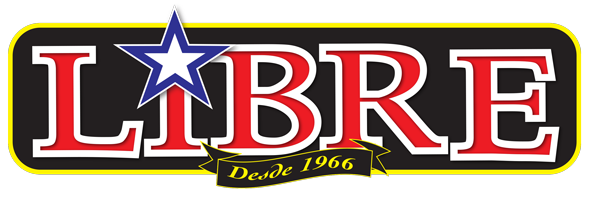


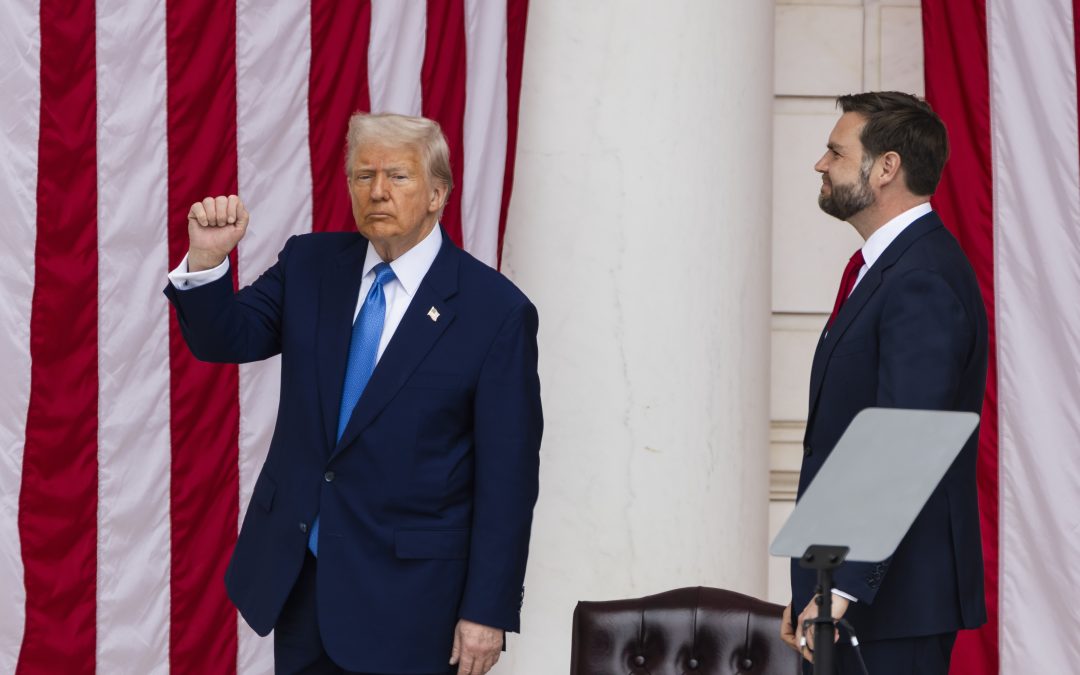
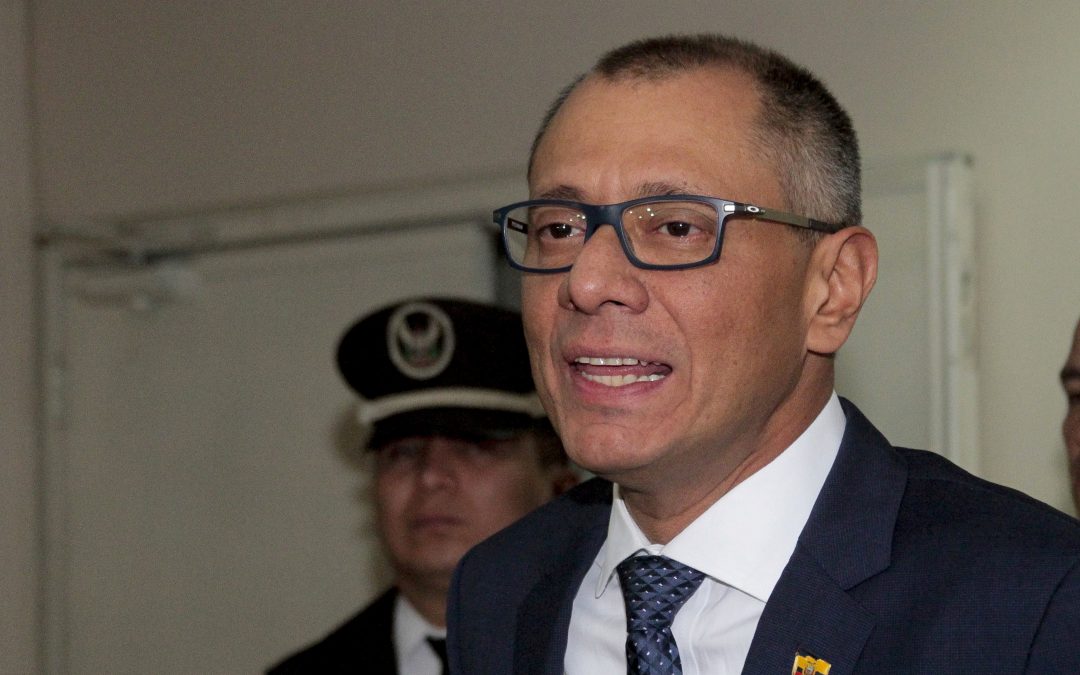
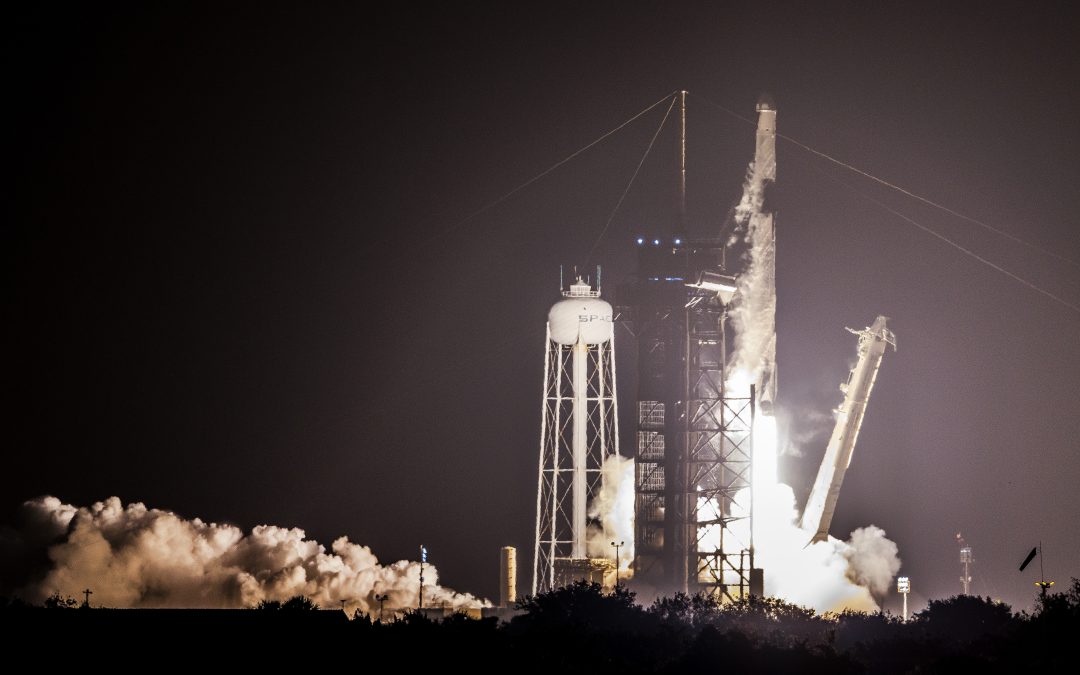
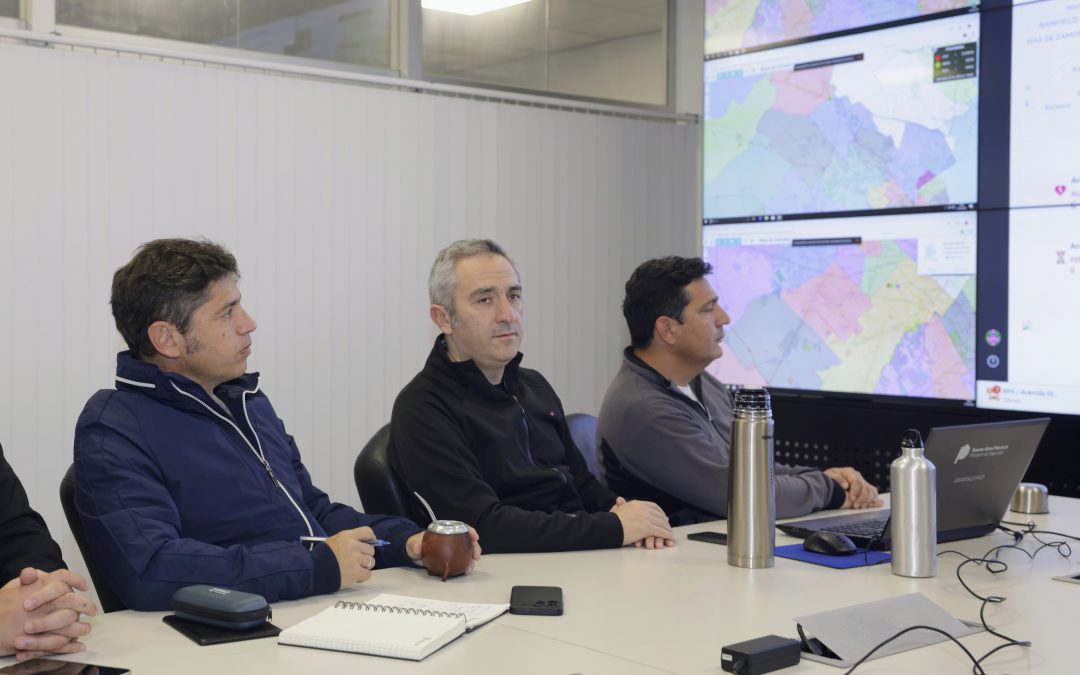
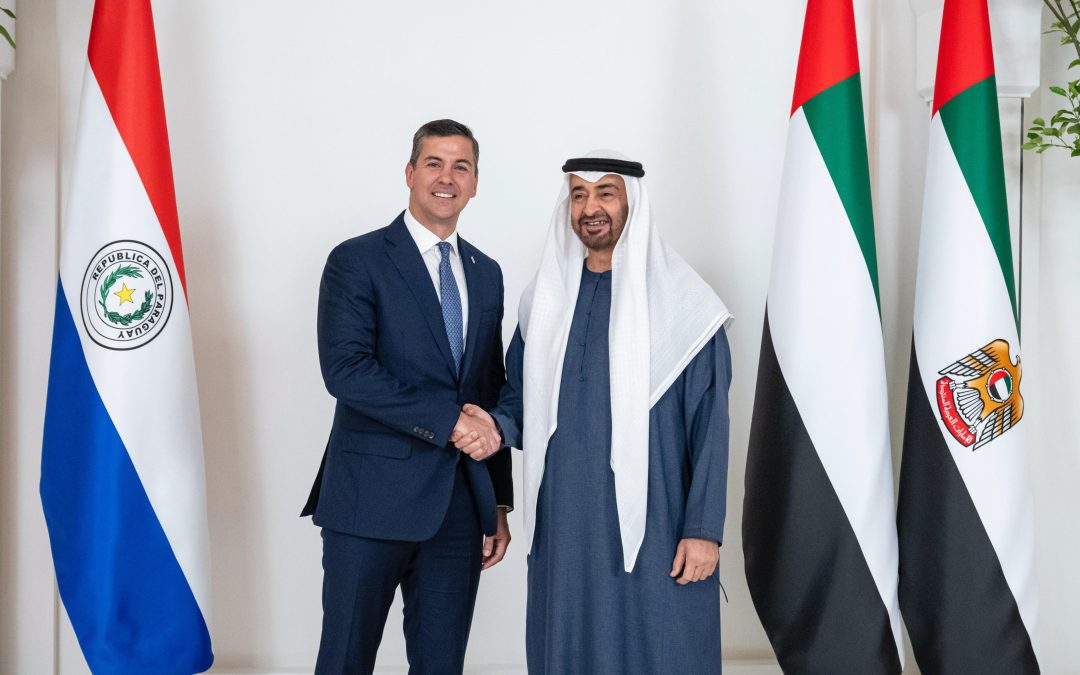




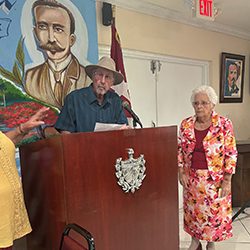

0 comentarios